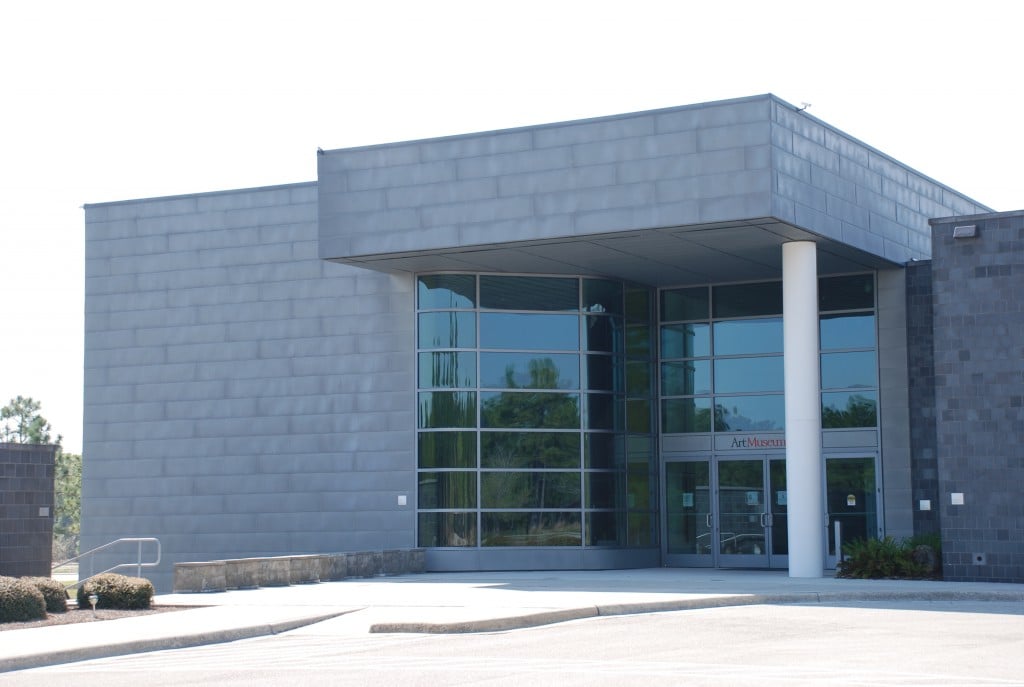How a Supreme Court Decision and state law is clearing the way for wetland development
WILMINGTON, NC (WWAY) — After Potential Tropical Cyclone 8 left roads and homes in the Cape Fear flooded three weeks ago, some blamed overdevelopment of coastal wetlands.
Those wetlands may be at greater risk now than ever before.
Last year, the landmark Supreme Court decision Sackett v. EPA changed federal wetland protections established by the Clean Water Act to only protect wetlands with a “continuous surface connection.”
Environmentalists say that definition has no basis in science, and that it puts millions of acres at risk.
North Carolina still had its own wetland protections until the Republican-led General Assembly removed them last year.
Adam Gold with the Environmental Defense Fund released a study last month along with a map examining how many acres across the country could be at risk depending on which interpretation of the ruling you use.
Gold found that North Carolina could have more than three million acres without protection.
“I think the wetland we’re most concerned about, potentially being without federal protections, are those ones that don’t have surface water on them year-round,” Gold said. “So we can think about like pocosins, or other headwater wetlands that might not be inundated with water, but they’re still saturated soils.”
That ambiguous definition of what defines a protected wetland is playing out in federal court.
Southern Environmental Law Center Attorney Kelly Moser noted one such case has already come to a head along the Pasquotank River in Northeastern NC, where land developer Robert White is suing the EPA to use land that was previously protected.
“We are engaged in those cases, and many of the cases, and we are fighting against those efforts because we know that even with the remaining protections on the books, our families and communities in North Carolina are at risk,” Moser said.
As individual wetland protections are questioned in courts nationwide, Moser cautions the importance of these ecosystems not just to wildlife, but to us all.
“A lot of folks describe wetlands as natural sponges, and that’s exactly what they are,” Moser explained. “When you pave over wetlands or drain them, the floodwaters don’t have any place to go, except into our homes, into our communities, and that’s what we’re going to continue to see if people continue to build in wetlands and our floodplains.”




